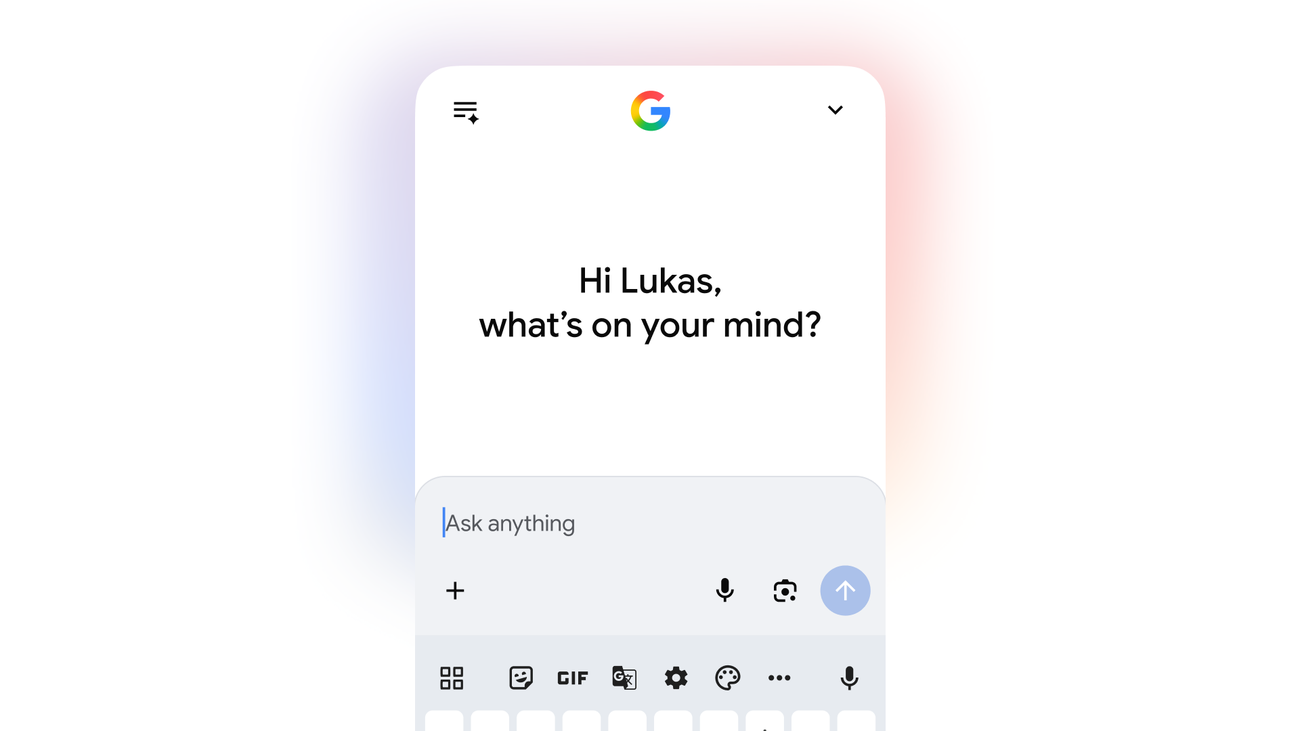Whether you’ve been naughty or nice, if you’re in the lead generation industry (or one of the small businesses relying on it), the Federal Communications Commission (FCC) is leaving a lump of coal in your stocking next month. The industry has been on edge since March of this year when the FCC issued a Notice of Proposed Rulemaking (NPRM) that would “close the lead generator loophole.”
To refresh your memory, the commission’s concern centers on consent and contact. Today, consumers consent to be contacted about a specific product or service but are not always aware that their contact information may be shared with multiple providers; in some cases, the providers who acquire the contact information may not be related to the initial inquiry or felt like it was in the distant past. This lead to consumers receiving more calls and texts than they expected, leading to consumers’ complaints to the FCC.
Seeking to close this “loophole,” the FCC rules proposed to “ban the practice of obtaining a single consumer consent” to receive calls or texts from multiple marketers. The notice the Wednesday before Thanksgiving turned Black Friday into Bleak Friday as the impact reverberated from the lead generation industry to the small businesses that rely on it.
After receiving comments from those in the industry, the FCC is set to issue a ruling on December 13 after next month’s open commission meeting. Per the agenda, the commission seeks to: “Close the lead generator loophole by making unequivocally clear that comparison shopping websites must get consumer consent one seller at a time, and thus prohibit abuse of consumer consent by such websites.” After the paperwork has been finalized, including passing through the review process required by the Paperwork Reduction Act (PRA), the new rules would have huge repercussions as early as summer 2024.
“Lead buyers need to be extremely cautious here. Hopefully, all will adopt the R.E.A.C.H. standards—which will need to be modified shortly—and require FRAUD DETECTION on all purchased leads.” Now, more than ever, stopping fraud before it starts will be critical to protect and preserve what’s left and remain in compliance with the new TCPA (Telephone Consumer Protection Act) standards.
You can read the FCC’s entire ruling here.
Bad Apples Spoiled the Entire Lead Generation Industry
The FCC acknowledges that consumers do benefit from comparison shopping websites but also believes that new protections are necessary to stop the industry’s abuse of current consent requirements. The Federal Trade Commission (FTC) has already started cracking down on so-called consent farms that use unethical approaches to gather contact information and sell it to telemarketers who are just as questionable. These bad actors are not reflective of the entire lead generation industry, but their actions make legitimate lead generators look bad to regulators and consumers.
Unfortunately, the actions of the bad actors and the lack of self-regulation among the well-meaning players in lead generation have led to the issues we face today. Can the lead generation industry survive this latest blow?
The FCC isn’t saying lead generation must come to a screeching halt. However, it requires one-to-one consent with clear disclosures. This means lead generators must have a solid consent management program in place to protect themselves going forward. While a new ruling won’t go into effect immediately, now is the time to get your consent ducks in a row.
Complying with any new ruling is a given. Still, the lead generation industry needs to implement some self-regulation to prevent additional mandated regulations and keep the industry afloat.
After the FCC issued the NPRM in March, Eric Troutman, a prominent attorney who represents lead buyers, large brands, and direct-to-consumer (DTC) marketers in TCPA lawsuits, established Responsible Enterprises Against Consumer Harassment, aka R.E.A.C.H., a mutual benefit corporation, to establish standards so that the industry could regulate itself while still serving consumers who want to compare pricing and products without being bombarded with unwanted calls. R.E.A.C.H. filed comments on behalf of its members and the lead generation industry as a whole. In addition, the group held multiple meetings with the FCC in an effort to keep additional regulation at bay.
Know the rules. TCPA compliance is complicated, but you can’t afford not to follow the regulations. TCPA lawsuits are up, costing businesses millions of dollars. Each TCPA violation can result in a fine of up to $1,500 per call, not to mention legal fees and damage to your brand reputation.
Work with reputable partners. The lead generation industry is interdependent. When you’re considering partnering with a lead generator, a consent documentation platform, an outsourced contact center, or any other link in the lead generation chain, it’s important to know who you’re doing business with. Make connections at conferences, ask for referrals, and check for certifications from the Trustworthy Accountability Group (TAG) or the Media Rating Council (MRC). Ask questions. Go on a trial run before entering a long-term agreement. Once you commit, keep checking in to ensure you’re getting quality leads that comply and generate results. To succeed in lead generation, you have to trust your partners and put in the work, just like any other successful relationship.
Speak up. When you see something, say something. If you know of a bad actor in the industry, report them. This includes lead generators acquiring leads dishonestly, not disclosing to consumers how leads are distributed, or not securing proper consent. It also includes telemarketers who violate the national Do Not Call registry provisions or continue calling consumers after they’ve requested to be added to the business’s own DNC list. These bad actors give the entire lead generation industry a bad name; everyone must act together to weed them out of the business.
In addition to setting strict standards for lead sellers and lead buyers, R.E.A.C.H. aims to change the perception of the lead generation industry and earn consumer trust while improving lead quality and reducing risk.
Consent Doesn’t Prevent Fraud
While the proposed ruling may protect consumers from a barrage of unexpected phone calls when they seek product and pricing information, it will not stop fraudsters from filling out lead generation forms. When a fraudster uses real contact information and a marketer reaches out to that contact, they are still in violation of TCPA regulations and are subject to the resulting fines and lawsuits.
Anura is proud to be a member of R.E.A.C.H. and help the lead generation industry not just survive but thrive. The organization recognizes the value of third-party fraud detection, making it a part of its mission and included in its member standards. Lead fraud is at the heart of most of the lead generation industry’s real or perceived evil. By stopping it in its tracks, we can eliminate many of the missteps that follow.
As the ability to detect and stop fake leads goes up, the risk of committing a TCPA violation goes down. What’s more, lead quality improves because you have real contact information from real humans who are genuinely interested in your company’s products and services. Consumers can get the information they need to make purchasing decisions. Revenue grows. It’s a win-win-win scenario.
If you’re in the lead generation industry and serious about doing business the right way, we encourage you to consider joining R.E.A.C.H. and its members who are committed to success. Lead fraud detection and prevention is fundamental to survival and success.
Please accept this invitation to see how Anura can ensure TCPA compliance, eliminate fraud, and improve lead quality. With our free, fully functional 15-day trial, you can see how much fraud you have today. Even if you already have a lead fraud detection partner, give us a try and compare our 99.999% accuracy rate to the results you’re seeing from your current provider.









